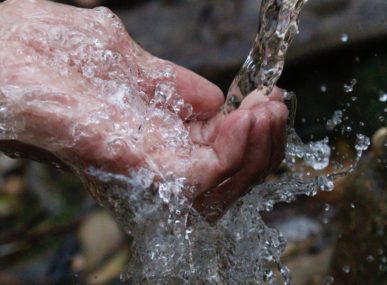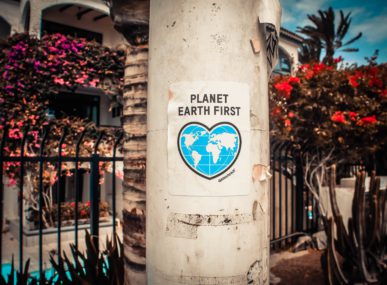“In 2010, Contra International Waste Management Team developed ZERO WASTE ACT® within the Lebanese institutions to address Lebanon’s solid waste disposal dilemma and lessen the demand upon our natural resources,” Baaklini says of his initiative.
He highlights that by doing so, ZWA promoted an integrated waste management hierarchy emphasizing on the three conventional R’s – Reduce, Reuse, and Recycle – but also introducing another set of R’s; Respect, Responsibility, and Recognition.
“The centerpiece of ZWA is a country-wide coordinated effort to divert waste streams away from landfills and towards waste processing plants,” he notes.
ZWA’s targets vary from private schools and universities, to the corporate sector, and the municipalities. “The initiative established a comprehensive and carefully coordinated approach to waste management. That approach recognizes the importance and interrelationship of all parties while encouraging the development of new waste management technologies,” Baaklini remarks.
According to the Lebanese entrepreneur, ZWA started in schools in an attempt to create respectful and responsible citizens. “As the students grow up, they get more and more familiar with their own problem which is managing waste,” he explains.
“Going to university, and later at work, they carry all that they learnt and apply it in their daily life. So waste management becomes their new way of life rather than it being an obligation,” Baaklini adds. At its inception, ZWA had an audience of one million students and teachers which grew exponentially to over 2.5 million citizens, residents, and refugees. The waste diverted from the landfills is processed and then sold to plants as raw materials.
Mainly located in Badaro, Beirut, ZWA also has satellite facilities in Sin el Fil and Jbeil. And, despite the financial hardship, Baaklini and his team are still going for they are strong believers in their cause. “Every penny spent on acquiring assets, equipment, real estate or human resources was out of our own pockets,” he says.
The fundamental purpose of ZWA is to serve as a catalyst for generating practical ideas in waste management based on what is feasible without too much intrusion on time and budget,” Baaklini says of reaching out to the public.
“Understanding that there is no true definitive waste management cookbook, we help communities conserve our natural resources, reduce waste handling costs, and increase their revenues through proper waste management.”
Amongst the many ways ZWA spreads its values and vision, they go on in TV and radio shows, print material, social media. “It does not necessarily mean that people practice what we preach immediately though. That is why, our yearly events like “Eco-Challenge” and “Art Waste Contest” act as catalysts in spreading the idea of good and clean citizens,” Baaklini adds.


